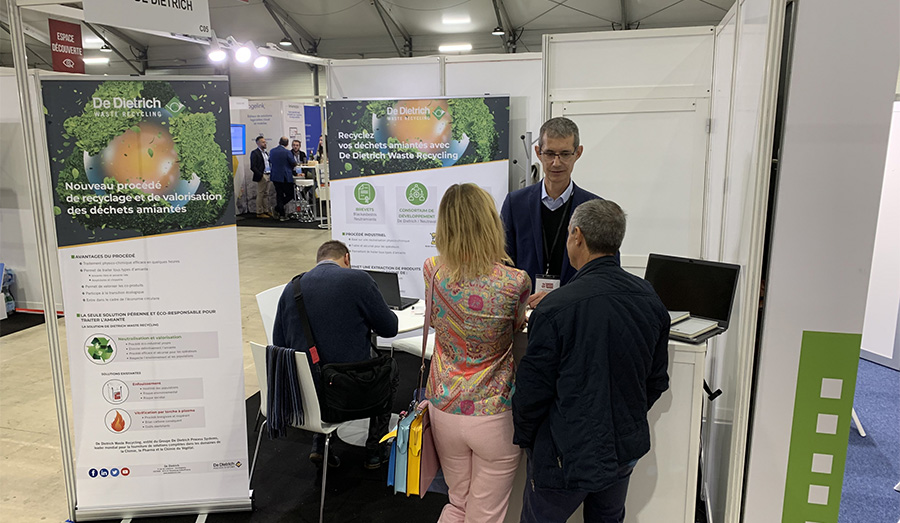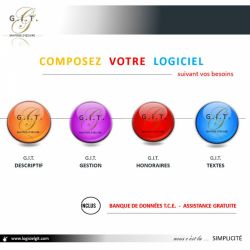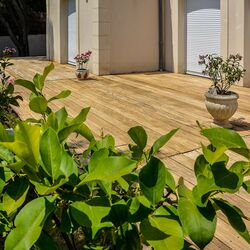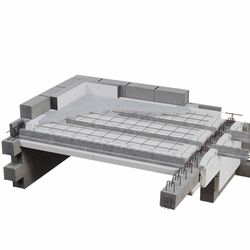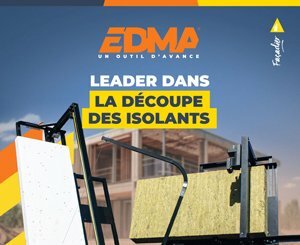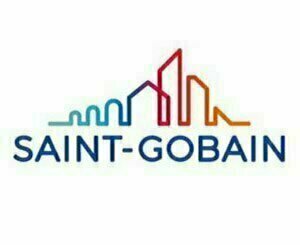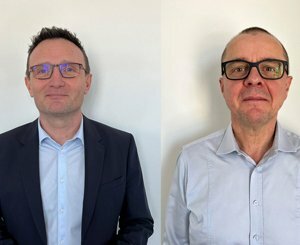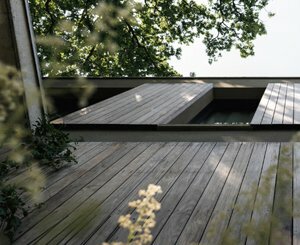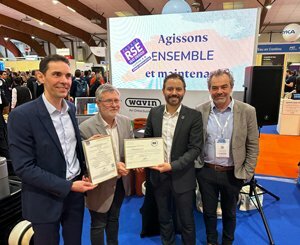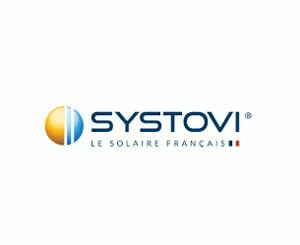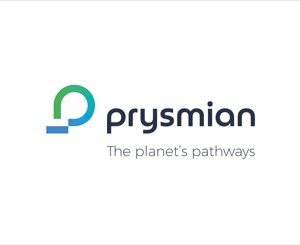De Dietrich Process Systems announces the imminent completion of the construction of its innovative De Dietrich Waste Recycling pilot dedicated to the treatment of asbestos waste. It will enter the operational phase and neutralize its first asbestos fibers in the first quarter of 2023.
Selection of products
To read also
Popular News
-
 Bruno Le Maire unveils his simplification bill to free SMEs, VSEs and artisans from administrative paperwork
Bruno Le Maire unveils his simplification bill to free SMEs, VSEs and artisans from administrative paperwork
-
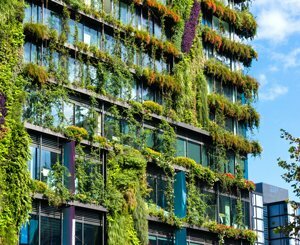 What steps for an efficient energy transformation of the building?
What steps for an efficient energy transformation of the building?
-
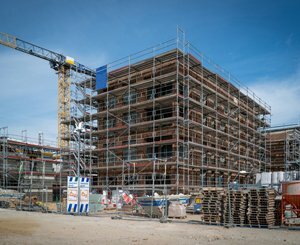 Guillaume Kasbarian asks public land establishments to release in 2024 the land necessary for the production of 17.000 housing units
Guillaume Kasbarian asks public land establishments to release in 2024 the land necessary for the production of 17.000 housing units
-
 Reductions in interest rates on real estate loans limited in number but significant
Reductions in interest rates on real estate loans limited in number but significant
Publi-editorial
-
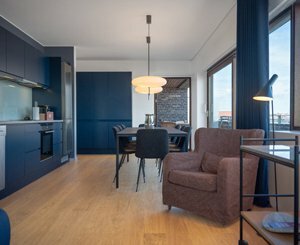 Bjelin: wood and innovation as its DNA
Bjelin: wood and innovation as its DNA
-
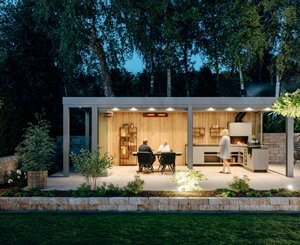 Glass pergola: enjoy its outdoor spaces with elegance and modernity all year round
Glass pergola: enjoy its outdoor spaces with elegance and modernity all year round
-
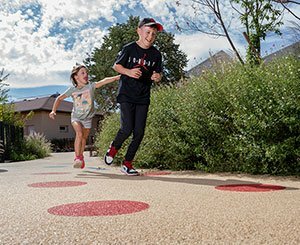 Hydro'Way, Eco'Urba, StabiWay and Baltazar... permeable floor covering solutions from JDM Expert
Hydro'Way, Eco'Urba, StabiWay and Baltazar... permeable floor covering solutions from JDM Expert
-
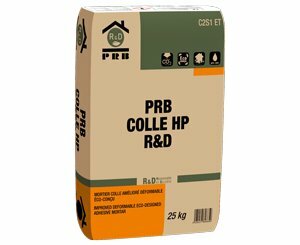 A new low-carbon C2S1 glue enters the “Responsible & Sustainable” range offered by PRB
A new low-carbon C2S1 glue enters the “Responsible & Sustainable” range offered by PRB


